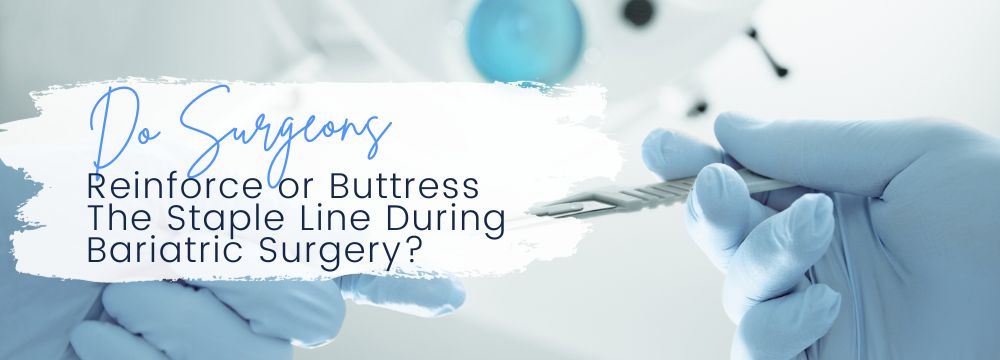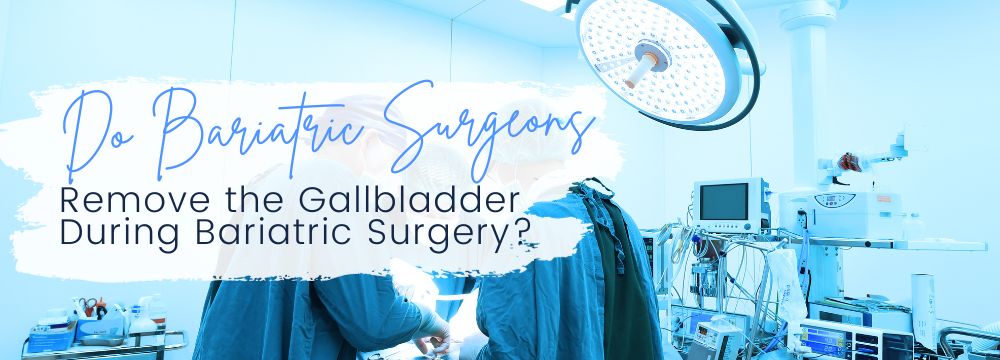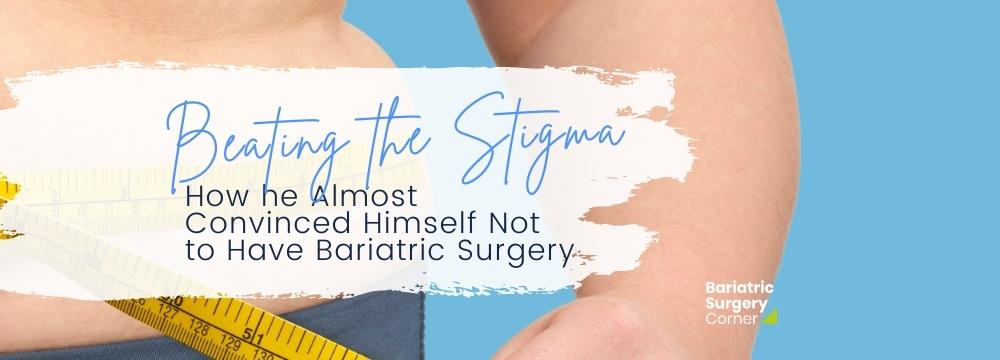
The gastric band (Lap-Band & Realize Band (no longer on the market)) was a revolutionary device introduced over a decade ago as the first bariatric surgery that was adjustable and fully reversible in cases of need. Unlike stapled procedures, which are a one-and-done solution, your bariatric surgeon could implant the band and adjust it quickly and easily by increasing or decreasing the volume of saline in the small pillows that make up the inner part of the band. By adding saline, the band could be tightened, and patients would, theoretically, eat less; removing liquid loosened it, allowing the patient to eat more and relieve issues associated with overtightening.
However, while the devices were implanted in tens of thousands of patients, it turns out that over the longer term, there may be a far greater rate of postoperative complications than in stapled procedures, like gastric sleeves and gastric bypass. Several reasons exist, but an implanted device is prone to these issues. Bands can slip from their original position or erode into the stomach and esophagus. The port, connected to the band with long, thin plastic tubing, is also problematic as the tubing itself can detach, or the port attached to the muscle wall can flip and, therefore, no longer be used. Ultimately, many patients have experienced complications significant enough that conversion or removal may be necessary.¹
The band also presented two very interesting challenges to the patient. First, the band offered the lowest potential excess body weight loss of any major bariatric surgery. In most cases, this was far inferior to stapled procedures. As such, patients with higher BMIs found that they would not benefit in the same way as those closer to the 30 BMI obesity threshold. The procedure’s popularity decreased even when the BMI threshold was lowered for bands. While the mechanism of function is restrictive, like the gastric sleeve, the band does not offer a hormonal benefit in reducing hunger pangs. As such, many patients have been known to try to trick the procedure by puréeing highly caloric foods or drinking their meals to slip by the band. Many of these patients could not lose weight and potentially even gain weight as a result.
Perhaps the final nail in the proverbial coffin was that stapled procedures had improved in efficacy and safety over that same time. Gastric sleeves had been standardized in their performance and offered more predictable results across a broader cohort of patients. Gastric bypasses, of course, were already well known in their results from decades of use. In the years since duodenal switches (DS) have become more popular as some of the drawbacks associated with the early days of this procedure have been overcome. Single anastomosis derivative procedures like SADI (to the DS) and mini gastric bypass (to the bypass) have also been approved in the United States. Temporary non-surgical procedures like the gastric balloon and permanent endoscopic procedures like the endoscopic sleeve gastroplasty have also provided patients with additional minimally invasive options, albeit not covered by insurance.
In the end, for many surgeons and patients, the potential drawbacks of a band exceeded the possible benefits. As such, today, the band is only performed as a very niche procedure.
What Should I Do if I Have a Band?
If you have a band that is not causing any issues and are still maintaining your weight loss, most surgeons will not suggest you have a revision or conversion bariatric procedure. And if patients continue to enjoy acceptable results, there should be no reason to do so. Due to the increased risk of a complication, you should monitor for any issues you experience and speak to your bariatric surgeon if you have problems. Of course, you should always call 911 or go to an emergency room immediately if you are having an emergency. If your issues are determined to be band-related, you will likely discuss converting to a stapled procedure to get back on track.
Is There Still a Use for the Band?
Yes, there is still a use case for the gastric band as a weight loss procedure. While newer weight loss procedures such as gastric sleeve and gastric bypass have gained popularity recently, gastric band surgery can still be an effective option for a narrow group of patients. Not everyone is a candidate for gastric band surgery, and its effectiveness can vary from person to person, so be sure to speak to your bariatric surgeon about the best options.
What Does a Conversion Entail?
A conversion is the most likely and preferred course of action after a band complication because simply removing the band will likely cause you to regain most, if not all, of the excess weight you lost. Conversely, converting the band to a sleeve or band to a bypass can get you back on track and even provide greater weight loss potential than your primary procedure. There is an additional risk related to a conversion procedure, as scar tissue in the abdomen can cause visualization problems. However, an experienced bariatric revision center has likely performed these procedures enough to have seen almost every possible surgical outcome and have the knowledge and expertise to handle it appropriately.
Reference:
- Ibrahim AM, Thumma JR, Dimick JB. Reoperation and Medicare Expenditures After Laparoscopic Gastric Band Surgery. JAMA Surg. 2017;152(9):835–842. doi:10.1001/jamasurg.2017.1093









